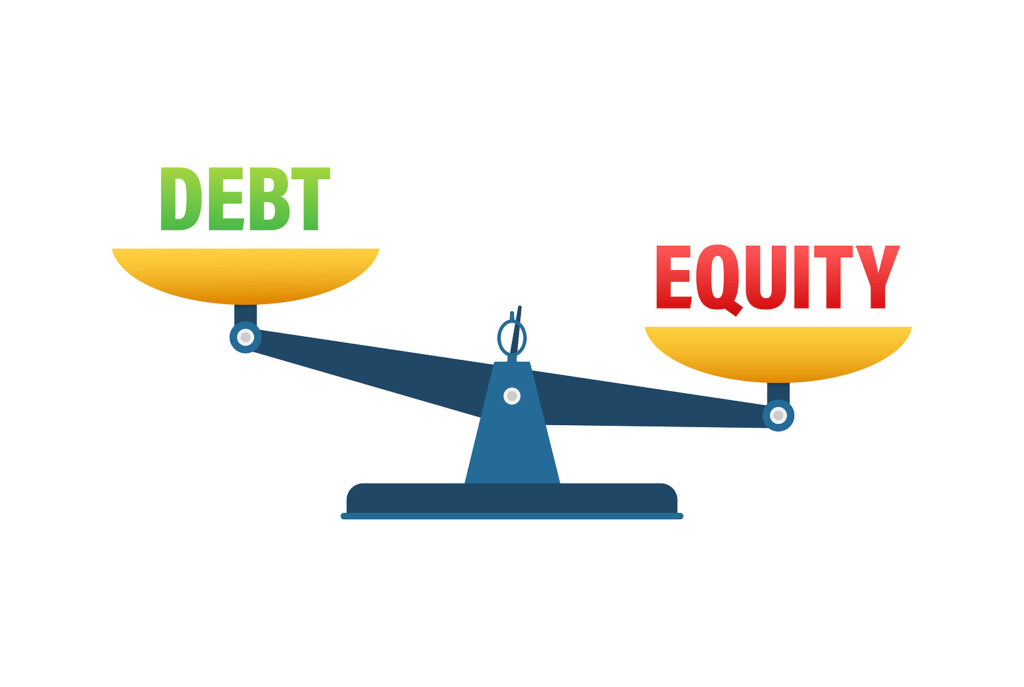
Financing a small business is a massive cause of stress for new entrepreneurs. Not only is it a competitive arena, but there are also lots of different types of funding available; figuring out which is best for your business can be confusing.
Equity and debt financing are popular methods of funding for small businesses. Still, it’s essential to understand their advantages and flaws before deciding which is best for you.
In this article, we’re breaking down equity and debt financing, so you know how to choose between them.
Equity Financing and Debt Financing: The Basics
As suggested by the name, debt financing refers to receiving a loan to finance your business. This loan could be a traditional business loan, a line of credit or a loan from family or friends. In the end, debt financing means putting your business in debt to fund your business.
Equity financing, however, means selling a part of your business to raise funds. By offering a stake in your company in exchange for financial investment, the person or organisation investing in you will receive a cut of your profits going forward.
So, that’s the basics of equity and debt financing. But what are the benefits and drawbacks of each method?
Debt Financing: Benefits and Drawbacks
With debt financing, the money you receive for your business will have to be paid back, often with interest. If you’re still in the early stages of building your company, repayments may be challenging to keep up with and could send you further into debt.
In addition, many banks will want personal guarantees for debt financing, and this will mean you are personally liable for any debts.
However, a huge benefit of debt financing is that you retain control of your business while still receiving investment to grow your company. Plus, you’re no longer liable once you’ve paid your debt off. Consequently, taking a loan in the early stages of your business can be a helpful way to get you off the ground until you begin making a profit on your own.
Equity Financing: Benefits and Drawbacks
You can build a significant investment by selling stakes in your business, especially if you’re growing quickly and have proven that your company can make money. Additionally, because this money is an investment and not a loan, you have more free reign with how you spend it.
In addition, there are potential tax breaks for the investor of Equity in qualifying businesses if they use approved scheme such as EIS – Enterprise Investment Scheme
However, one of the most significant drawbacks of equity finance is loss of control in your business. If your company is a small family business or holds a lot of personal value to you, it can be tough to sell parts of it to an investor and sacrifice power simultaneously.
Our Advice
If you’re still growing your company but have proven to be financially stable, a loan is a helpful way of raising investment while retaining decision-making power. However, if you’re struggling to grow your company past a particular stage, you may have to consider bringing in outside investors to secure more significant funding.
If you plan to grow fast with a clear exit plan, then equity investment maybe the way to go.
As with any business funding, both can be risky. Make sure you understand each option before you commit.






